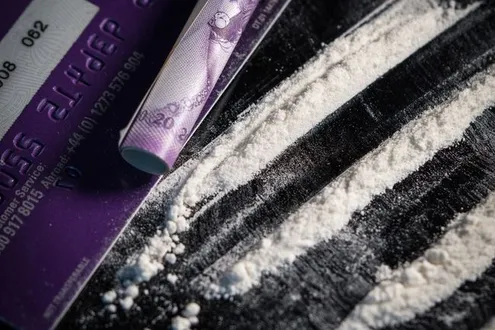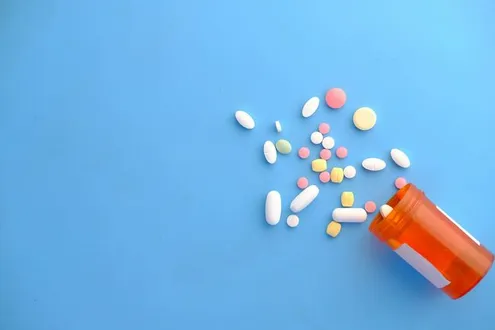Ensuring that individuals grappling with both ADHD and addiction receive comprehensive treatment is paramount. Effective treatment entails addressing both conditions simultaneously. This approach encompasses various components, such as medication management to alleviate ADHD symptoms, residential rehabilitation, and behavioural therapies like cognitive-behavioural therapy (CBT), along with active participation in support groups.
Behavioural therapies, notably CBT, plays a pivotal role in equipping individuals with ADHD and addiction with coping mechanisms and strategies to manage their symptoms and triggers. Additionally, peer support from fellowship groups such Alcoholics Anonymous offer a valuable sense of community, where individuals share similar experiences and provide mutual encouragement.
It's crucial to acknowledge that there's no one-size-fits-all solution for treating ADHD and addiction. Each person's journey toward recovery is unique, necessitating a personalised treatment plan tailored to their specific needs and circumstances.
At Rehabs UK, we offer a spectrum of treatment options catering to individuals struggling with addiction. From residential programmes to outpatient services encompassing home detox, individual therapy, and comprehensive aftercare plans for both the individual and their family, our aim is to provide holistic support.
Therapist, Jakana says "therapy is always going to be useful whether you have been diagnosed with ADHD or not, for the addiction part...you are able to piece the two together and make connections."
For more information, reach out to our Treatment Advisors for a free assessment.

There is a strong link between ADHD (Attention Deficit Hyperactivity Disorder) and addiction. Individuals with ADHD are at a higher risk of developing addiction than those without the disorder. Studies have shown that individuals with ADHD have a higher risk of developing substance use disorders than those without the condition. In fact, it's estimated that up to 50% of adults with ADHD also have a co-occurring substance use disorder.
ADHD is a neurodevelopmental disorder that affects a person's ability to pay attention, control impulses, and regulate behaviour. It is associated with low levels of dopamine, a neurotransmitter that plays a role in the reward system of the brain. This means that individuals with ADHD may have difficulty experiencing pleasure and may be more likely to engage in impulsive behaviours to seek out stimulation. ADHD is often accompanied by other mental health conditions, such as anxiety and depression. These conditions can lead to feelings of frustration, low self-esteem, and emotional dysregulation, which can increase the risk of developing a substance use disorder.
People with ADHD may use drugs and alcohol to self-medicate their symptoms. Stimulant medications like Adderall and Ritalin, which are commonly prescribed for ADHD, can produce a sense of calmness and focus.
Isabelle Hawkins a guest on the Altered Attitude podcast commented:
“Looking back, my undiagnosed ADHD played a significant role in my drinking. … I struggled to cope with workload, prioritise tasks, and manage the chaos of daily life. … Alcohol felt like a way to soothe that storm.”
Genetics also play a role in the link between ADHD and addiction. Studies have shown that individuals with a family history of addiction may be more likely to develop an addiction themselves, especially if they also have ADHD.









